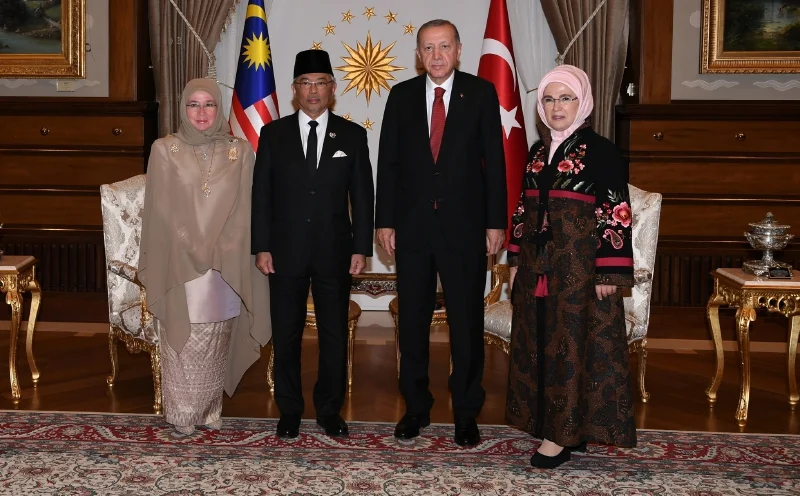“China, China, China.” That was the message Patrick Shanahan delivered to his staff on the first day of his role as acting United States defence secretary in early 2019 under the Donald Trump regime. Over two years on, little have changed as the People’s Republic remains a top priority for Joseph Biden’s foreign policy team. And while the United Kingdom’s Integrated Review of Security, Defence, Development and Foreign Policy was crafted, there was little doubt that “China, China, China” was also the lodestar of the document’s much-talked about “tilt” towards the Indo-Pacific. That said, the Integrated Review (or IR in short) seems to advocate a middling approach towards China given the tension between London’s economic and security interests vis-à-vis Beijing.
In fact, there is a juxtaposition of economic engagement and strategic competition with China in the IR. To illustrate, the document notes that Britain “will continue to pursue a positive trade and investment relationship with China, while ensuring our national security and values are protected.” In the same vein, the IR states that both nations “benefit from bilateral trade and investment”. Yet the review also maintains that “(t)he significant impact of China’s military modernisation and growing international assertiveness within the Indo-Pacific region and beyond will pose an increasing risk to UK interests”.
Delicate balance to strike
All in all, Whitehall planners face a major headache in grappling with the question of “how best to balance between addressing British security and economic concerns in relation to China?” Surely, they are aware of the latest trading figures showing that in 2019, China was Britain’s sixth-largest export market and fourth-largest source of imports. On the other hand, London recognises that “(p)reserving freedom of navigation is… essential to the UK’s national interests”, as the Integrated Review puts it, and this is an issue that could create tensions with Beijing.
Indeed, there is talk that to signal Britain’s return east of Suez, the Royal Navy could partake in freedom-of-navigation operations (FONOPs) in the Asia-Pacific, including the South China Sea (SCS). There is much buzz in the defence commentariat over whether the British aircraft carrier Queen Elizabeth will be involved in just that when it embarks on its first operational tour soon. How this particular task force, named Carrier Strike Group 21 (CSG 21), will be deployed, will betoken, at least to some extent, Britain’s China policy. While a muscular approach has been broached, where surface combatants from the Queen Elizabeth task force executing a FONOP within 12 nautical miles of China’s artificial SCS islands, what is perhaps more plausible is the adoption of a more benign approach.
This would see CSG 21 transiting the South China Sea but avoiding the disputed areas. Prior to the deployment, expect Britain to issue a highfalutin but vague statement (like in the IR and earlier strategic documents), as London does not want to antagonise an important trading partner in Beijing. In all likelihood, based on current circumstances and unless they change precipitously in the coming months, expect CSG 21 to take a middling approach. It is worth noting that in 2019 when British defence secretary Gavin Williamson said that the Queen Elizabeth would be Indo-Pacific-bound, China threatened to cancel the trade trip by chancellor Philip Hammond.
Economic retaliation
In sum, Britain has no straightforward answers to the issue of how to devise an Indo-Pacific strategy that deftly balances between its defence and economic agendas. This is nothing new in regional geopolitics. Think South Korea and the THAAD sage a few years back. Seoul came under tremendous Chinese economic pressure because of the deployment of the Terminal High Altitude Area Defense system on South Korean soil. And most recently, Australia has found out the hard way that decoupling security and economic interests is virtually impossible in the highly inter-connected world of the 21st century. After all, Canberra is starting to feel the economic fallout of exerting geopolitical pressure on Beijing as the latter responded in kind in the economic sphere.
The U.K. has arguably taken note of these developments as the relatively muted comments on China in the Integrated Review show. While the middle ground seems to be the best way forward by letting the British have their cake and eat it, it could also land them in the worst of both worlds. How best to reconcile between engaging with and competing against China (especially in concert with America) is thus something probably keeping British policymakers awake at night as they try to steer their country ahead in the murky and potentially treacherous waters of the Indo-Pacific region.


